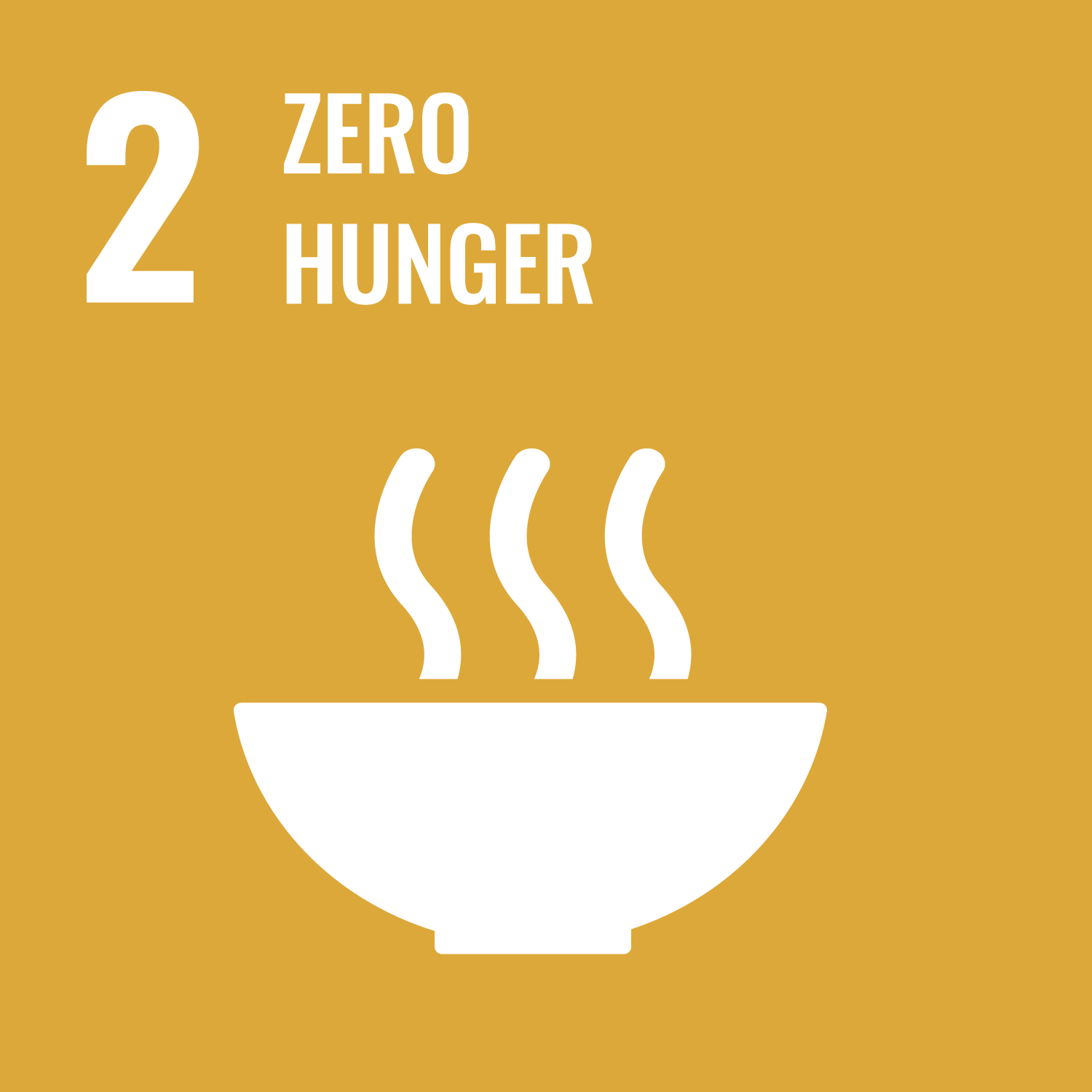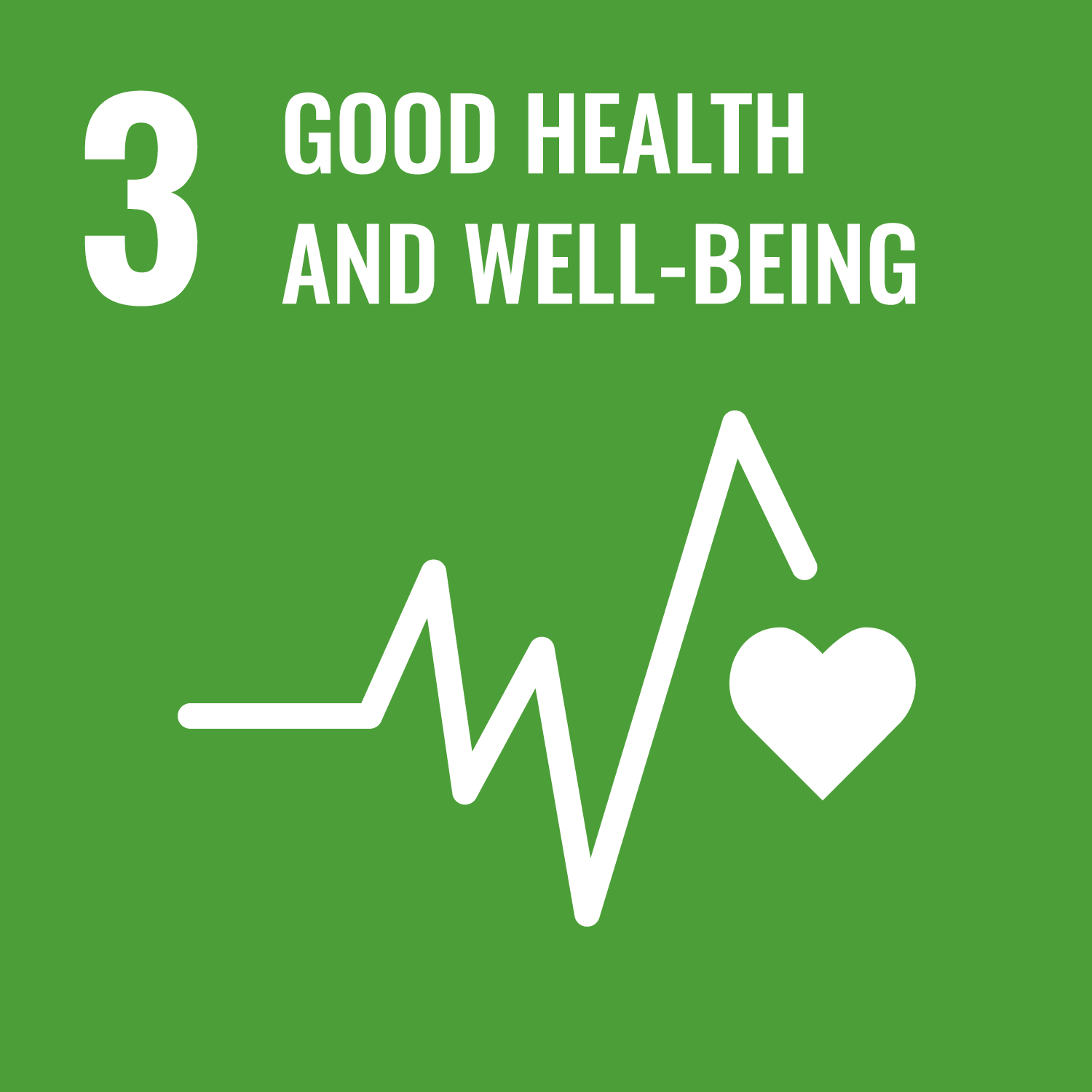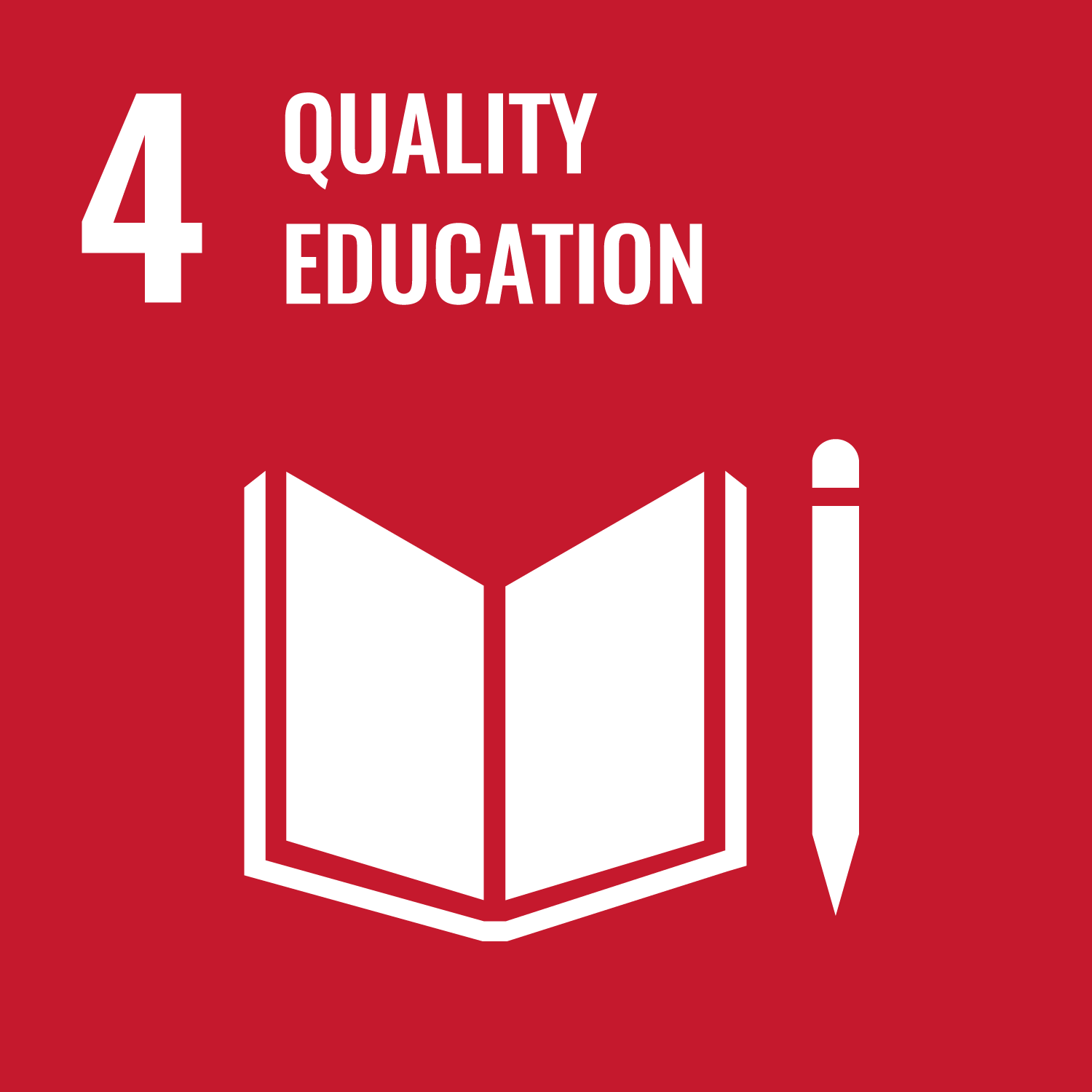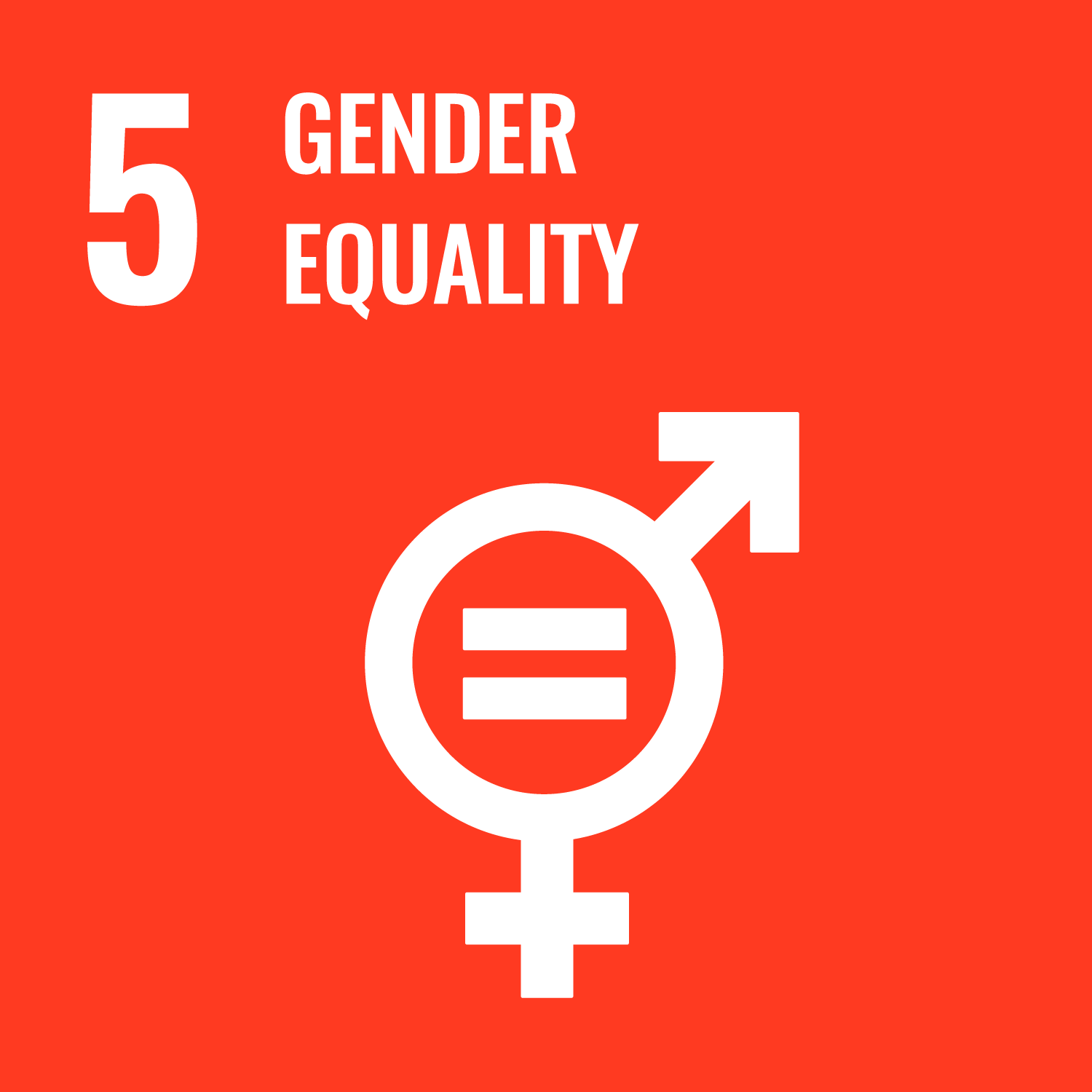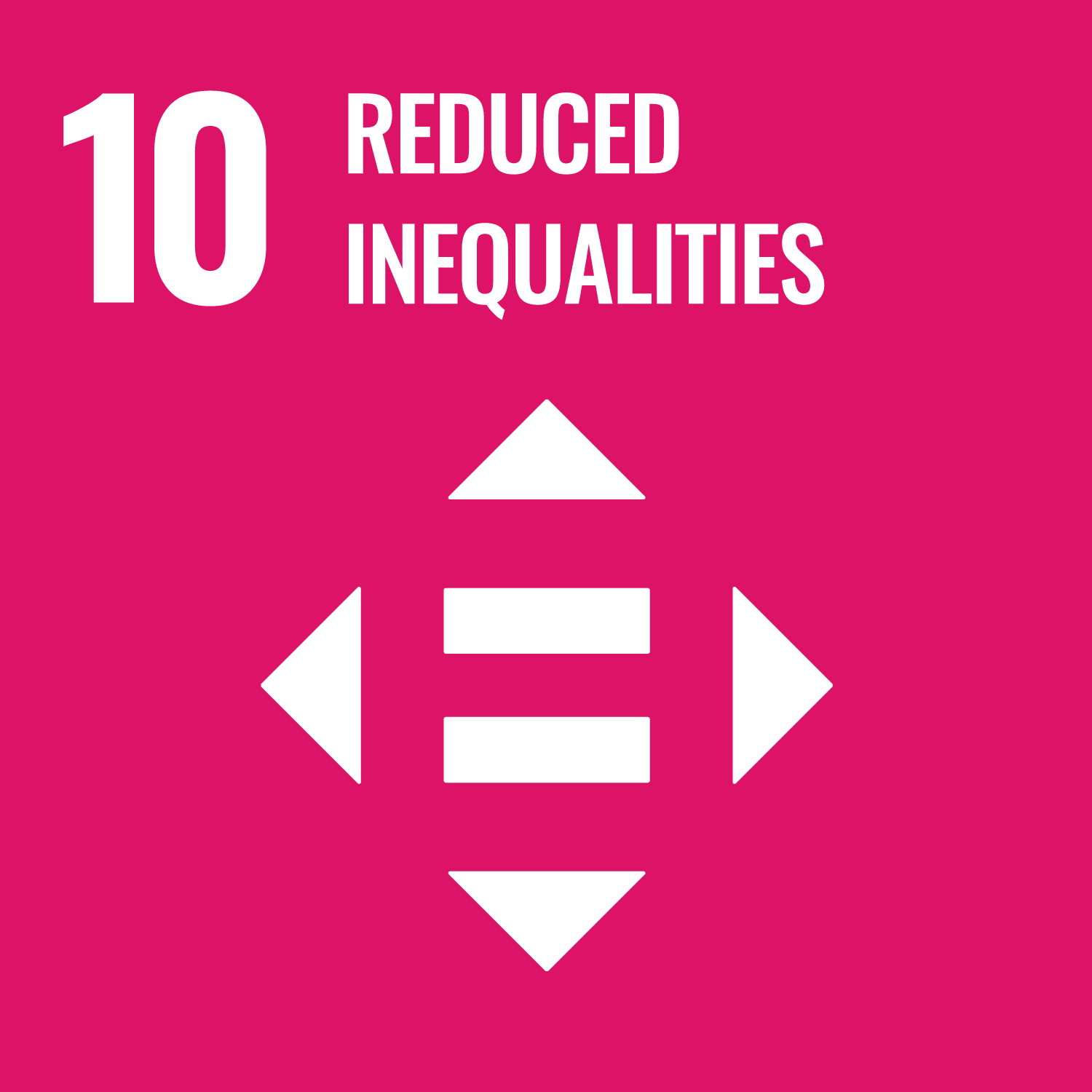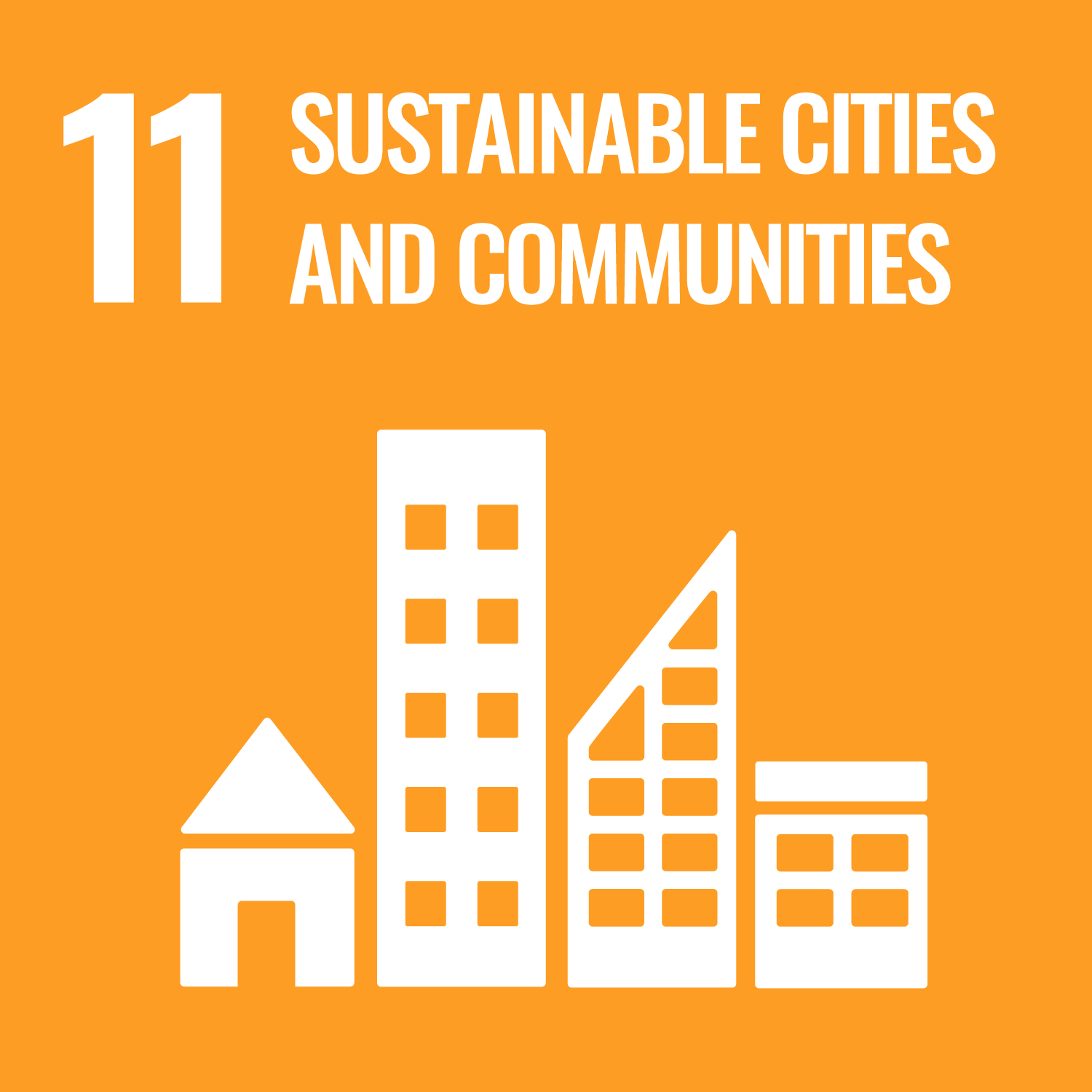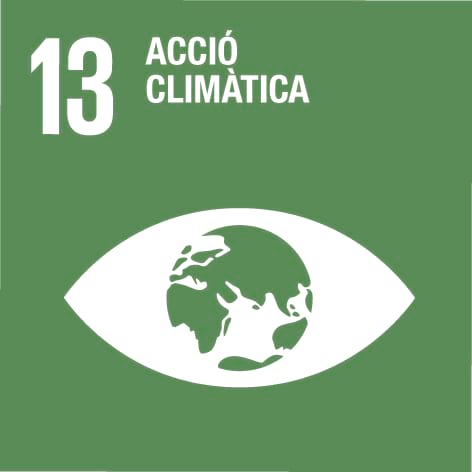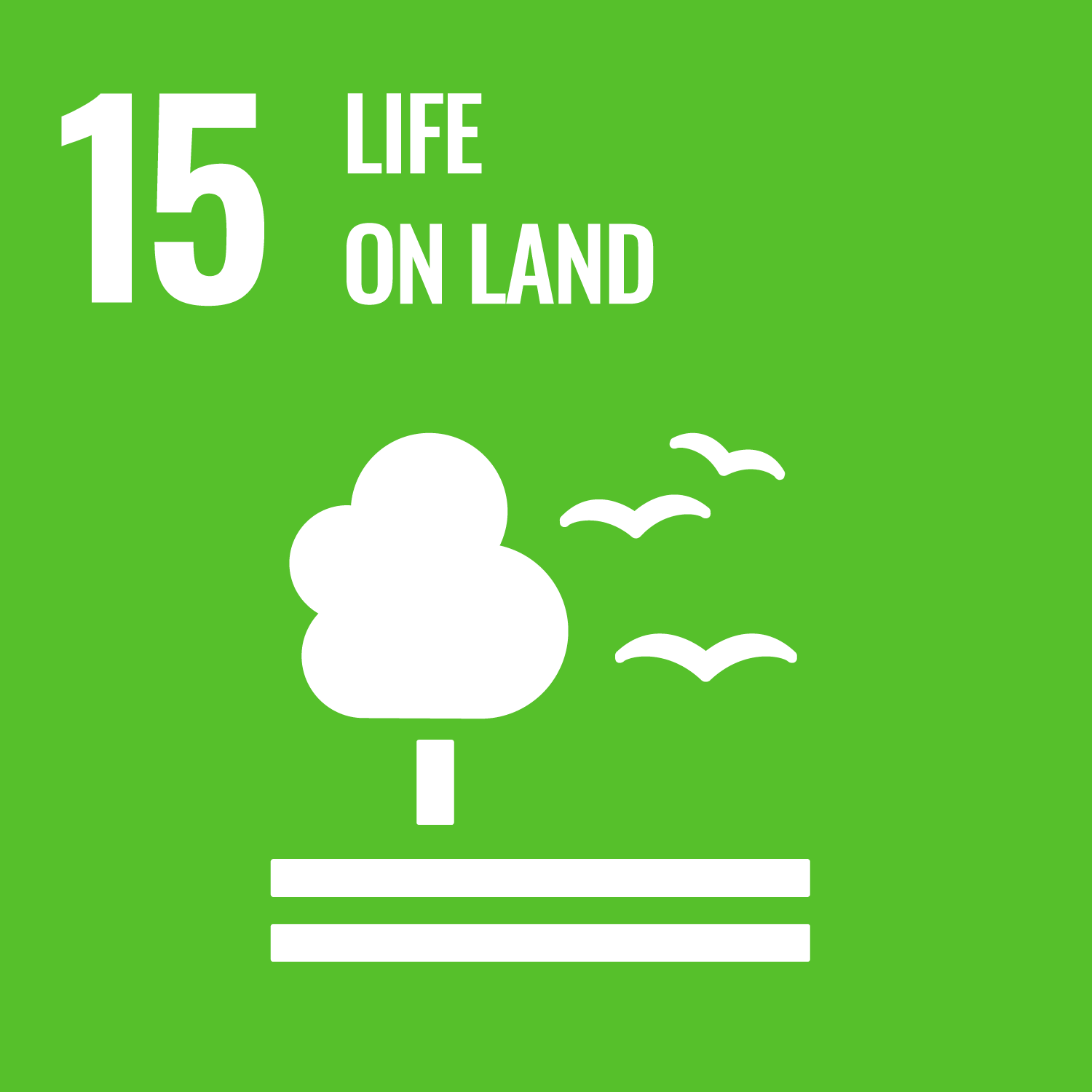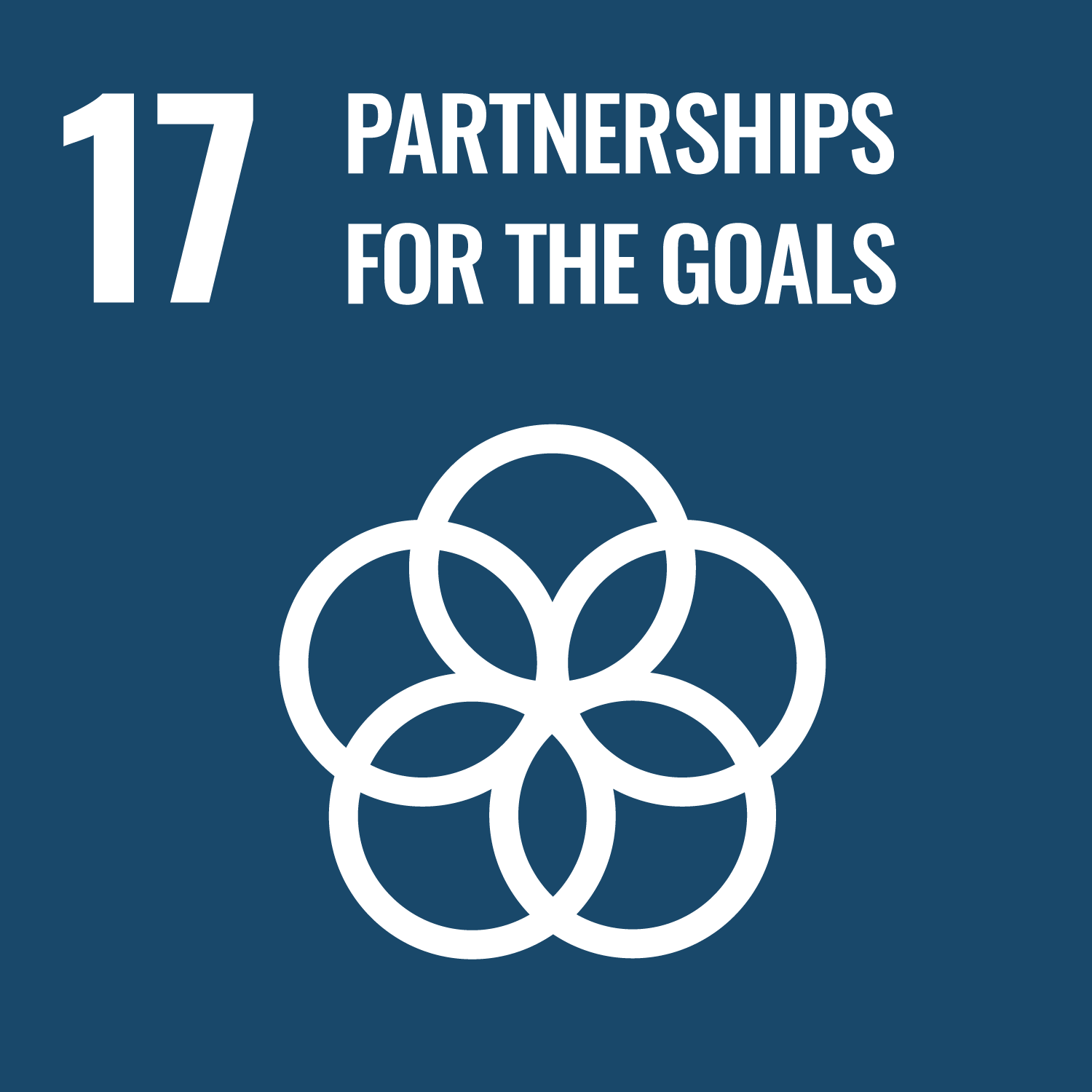Collaboration and local action: key to combatting climate change through social sciences
UOC researchers provide socio-technological knowledge on urban planning, educational spaces, food and planetary health to adapt to climate changeInterdisciplinary scientific practices and evidence are paramount in reducing dependence on fossil fuels

In 2023, global carbon dioxide emissions from fossil fuels rose again to over 37 billion tonnes of CO2. However, according to data from the Global Carbon Budget, these emissions fell in several parts of the world. This was the case for the European Union and the United States, showing that it is possible to reverse the trend. Moreover, research published in PNAS has found that this reduction in emissions is not incompatible with economic growth. Quite the opposite: 30% of the world's regions are achieving economic growth while reducing their levels of harmful gases.
Reducing dependence on fossil fuels requires solutions that combine different disciplines. We don't just need contributions from the natural sciences, engineering and architecture, but also from education, social sciences and law. This interdisciplinary vision is key to effectively addressing the complexity of climate change and helping to transform activities or spaces in our daily lives.
“The climate crisis has been defined as a humanitarian crisis and a health emergency”
"Recognizing the complexity of climate change means that researchers must draw on interdisciplinary knowledge that combines the natural sciences with the social sciences and humanities," said the authors of an article published in Climatic Change.
From the city to a healthier world
In 2024, a historic decision was made: the European Court of Human Rights ruled that climate change violates the right to respect for private and family life. The case was brought by an association of elderly Swiss women concerned about the impact of global warming on their health. The association claimed that the Swiss government was not doing enough to combat the phenomenon, Euronews reported.
"We tend to ascribe a certain conservatism to the elderly. But this has been disputed for a long time," explained Tomás Sánchez Criado, Ramón y Cajal researcher in the Care and Preparedness in the Network Society (CareNet) group, part of the research unit on culture, creativity, social justice, critical thinking and humanities of the Universitat Oberta de Catalunya (UOC).
"Today's oldest people include the generation of 1968 and the struggles for bodily emancipation. And many of these people continue to struggle to create the possibility of some kind of future in a terrible and complex present in which we may feel a certain level of paralysis," added the researcher, who is currently working on the project Ageing Cities: The Futures of Late Life Urbanism on the Spanish Coast (CIUDEN), funded by a Leonardo grant from the BBVA Foundation.
What are the keys to a healthy city? Sánchez Criado pointed out that urban accessibility in Spain has come a long way and is still changing, but much remains to be done. "Just think of our cement, concrete and granite streets, those paved surfaces designed to allow people in wheelchairs or the blind to move around safely. These same pavements are now at the root of many problems, such as the heat island effect, which make the very people whose right to the city we were trying to protect more vulnerable and exposed," he said. His current project involves workshops with older activists, urban planners, municipal workers and politicians on how to build cities where we can grow old while respecting the limits of the planet.
This transformation of the environment is not just an urban planning issue, but part of a deeper global shift. According to Cristina O'Callaghan Gordo, professor at the Faculty of Health Sciences, "pushing the limits is changing the environment we live in. We're moving from a stable planet to which we've adapted, to conditions we don't yet understand."
"The climate crisis has been defined as a humanitarian crisis and a health emergency," said O'Callaghan Gordo, who is also the leader of the Barcelona Interdisciplinary Research Group on Planetary Health (BITAL), which is affiliated to the research unit on digital health, health and well-being. From her position as an expert in planetary health, she stressed the crucial link between human well-being and the sustainability of the planet.
More sustainable school playgrounds and food
In an attempt to curb rising temperatures, it is becoming increasingly common in urban spaces to renaturalize certain areas, as is happening in Barcelona, Gandía, Valladolid and Vitoria-Gasteiz. This is the philosophy behind the European project COOLSCHOOLS. Coordinated by the UOC, it studies the benefits of implementing nature-based solutions in school playgrounds. These solutions come from very different fields of knowledge, including ecology, health, education, governance and equity.
The project looks at case studies in the cities of Barcelona, Brussels, Paris and Rotterdam. "Barcelona's municipal Transformem els patis [Transform the Playground] programme has made changes to 70 public school playgrounds in the city, many of which are open to the public at weekends," explained Isabel Ruiz Mallén, project leader and researcher at the Urban Transformation and Global Change Laboratory (TURBA Lab), part of the research unit on culture, creativity, social justice, critical thinking and humanities.
"The results analysed so far show that renaturalized playgrounds improve thermal comfort, in some cases contain more biodiversity than nearby parks, facilitate contact with nature for children regardless of their socioeconomic status, reduce gender inequalities in play and promote student learning when used as an additional classroom," said Ruiz Mallén, who is also a member of the UOC's Faculty of Psychology and Education Sciences.
Initiatives to respect nature and the environment must also include the home. Food and its impact on the environment, for example, is a concern for the Spanish population, as shown by a study on the environmental impact of eating habits, but there are barriers that make it difficult to change.
"These barriers include the price of healthy and sustainable food and the time and effort required to change existing habits. In addition, information that consumers perceive as contradictory and confusing about the environmental impact of food and a lack of knowledge in this area also play an important role," said Anna Bach Faig, research coordinator of the Nutrition, Food, Health and Sustainability group (NUTRALiSS) –which is affiliated to the research unit on digital health, health and well-being– and director of the Master's Degree in Healthy and Sustainable Food at the UOC's Faculty of Health Sciences.
In the Mediterranean, according to Bach Faig, a diet that aims to reduce our carbon footprint could be based on the Mediterranean diet, which is characterized by a high consumption of plant products (vegetables, fruit, whole grains, legumes and nuts), fish and a moderate-to-low consumption of meat, which is beneficial for both health and environmental sustainability.
"There are reasons to be optimistic. The combination of increased public awareness, solid scientific evidence and supportive policies can drive a transition towards healthier and more sustainable food systems," said Bach Faig, whose research group is studying the diets of Europeans to make them more sustainable through the PLAN'EAT project, which has published its findings in Nature. The researcher also previously led a project in this area with the World Health Organization.
The transition is under way, not only in food systems, but also in energy, urban planning and transport, where all scientific disciplines have a vital role to play in shaping sustainable solutions and contributing to the planet's overall health. With this in mind, O'Callaghan Gordo concluded: "The challenge now is to continue to improve global health without overshooting planetary boundaries. We can't continue with business as usual because human health depends on the health of natural systems."
The research described is part of the UOC’s research missions: Lifelong education, Ethical and human-centred technology, Digital transition and sustainability, Culture for a critical society and Digital health and planetary well-being.
The UOC research projects mentioned support the following United Nations Sustainable Development Goals: SDG 2, Zero Hunger; SDG 3, Good Health and Well-being; SDG 4, Quality Education; SDG 5, Gender Equality; SDG 10, Reduced Inequalities; SDG 11, Sustainable Cities and Communities; SDG 12, Responsible Consumption and Production; SDG 13, Climate Action; SDG 15, Life on Land; and SDG 17, Partnerships for the Goals.
Research at the UOC
Specializing in the digital realm, the UOC's research contributes to the construction of future society and the transformations required to tackle global challenges.
Over 500 researchers and more than 50 research groups make up five research units, each with a mission: Culture for a critical society, Lifelong education, Digital health and planetary well-being, Ethical and human-centred technology and Digital transition and sustainability.
The university's Hubbik platform fosters the development of UOC community knowledge transfer and entrepreneurship initiatives.
The goals of the United Nations 2030 Agenda for Sustainable Development and open knowledge are strategic pillars that underpin the UOC's teaching, research and knowledge transfer activities. For more information, visit research.uoc.edu.
Experts UOC
Press contact
-
Anna Torres Garrote

